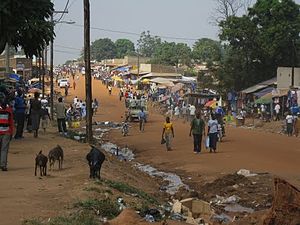Cambodian land-grabbing constitutes a “crime against humanity,” British lawyer Richard Rogers has told the International Criminal Court (ICC). The lawyer is officially representing 10 Cambodian victims of the alleged abuse in the suit.
“I am confident,” said Rogers, who is a member of the Global Diligence LLP as well as the Cambodian Nation Rescue Party’s (CNRP) international counsel. “The law is very clear.”
Rogers has filed for the International Criminal Court to investigate a wave of violent land-grabbing in Cambodia which has displaced approximately 770,000 people. The land grab has been carried out by Cambodia’s ruling elite, Rogers alleges, and constitutes a crime against humanity.
The land grab has been “widespread and systematic” over the past 14 years, Rogers has stated. The elite classes have perpetuated mass rights violations in pursuit of wealth and power, “include murder, forcible transfer of populations, illegal imprisonment, persecution and other inhumane acts,” according to Rogers, who says that the acts amount to international crimes.
The elite has accomplished the land grab by exploiting land tenure insecurity in post-war Cambodia (particularly when the Khmer Rouge abolished land titles) and exploiting a corruptible judiciary and state security forces.
“The question for the ICC is, at what point do these types of human rights violations become so grave that (when taken together) they amount to an international crime and meet the gravity threshold? Do we wait until 5 percent of the population has been affected, or 10 percent?” Rogers said.
“The communication contends that senior members of the Cambodian government, its security forces, and government-connected business leaders carried out an attack on the civilian population with the twin objectives of self-enrichment and preservation of power at all costs.”
Individual perpetrators are not specifically indicated in the complaint, but it does recommend that court prosecutors investigate the role played by specific police and military units involved in evictions. “Deportation or forcible transfer of populations” falls under the ICC’s definition of crimes against humanity, Rogers has pointed out.
Approximately 770,000 people–6% of the Cambodian population –have felt the effects of land grabbing since the year 2000, according to Rogers’s evidence.
More than 145,000 people have been forcibly relocated from Phnom Penh.
Dissent and criticism have also been silenced through human rights abuses, Rogers contends. Lawyers, activists, journalists, unionists and opposition members have been silenced through threats and violence in order to protect the interests of the ruling elite.
“I am confident that the ICC will initiate a preliminary examination. The law on this is very clear. The definition of crimes against humanity does not require an armed conflict.” Rogers said.
The actions of land grabbers in Cambodia represent “widespread and systematic attack against the civilian population” and are “pursuant to state policy”, according to Rogers’s complaint.
Cambodian officials are attempting to discredit Rogers’s claims.
Government spokesman Phay Siphann called the complaint “a joke”–the complaint was not only exaggerated, but politically motivated as well, Siphon stated.
“It’s polarised by politics. We might know who sponsors or who pays money for him and who belongs to whom. I understand [opposition deputy leader] Kem Sokha’s daughter is also involved in the complaint… It was [started] during the [post-election] campaign and related to the political deadlock.”
CNRP spokesman Yim Sovann countered Siphan’s criticisms, stated that although Rogers was CNRP counsel, the complaint was not politically motivated.
“Because Cambodian courts have proved unwilling and unable to deal fairly with human rights violations raised in the ICC complaint,” said Sovann, “we support the request for an investigation by the ICC prosecutor.”
By Sid Douglas
Photo: Luc Forsyth
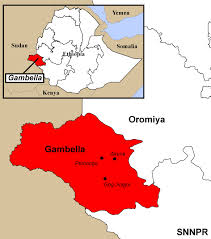 In the government program, the land is handed over to the retired servicemen for “investment” purposes. The effect of the plan has included an illegal campaign of selling lands, accompanied by the arrival of hundreds of “Tirgrayans’ as ‘workers’ for the TPLF land developers.
In the government program, the land is handed over to the retired servicemen for “investment” purposes. The effect of the plan has included an illegal campaign of selling lands, accompanied by the arrival of hundreds of “Tirgrayans’ as ‘workers’ for the TPLF land developers.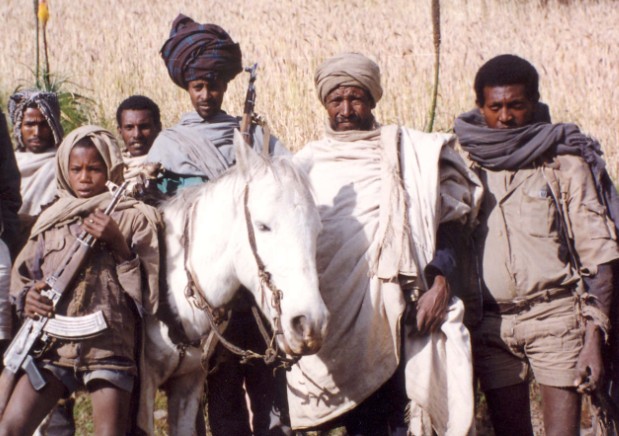
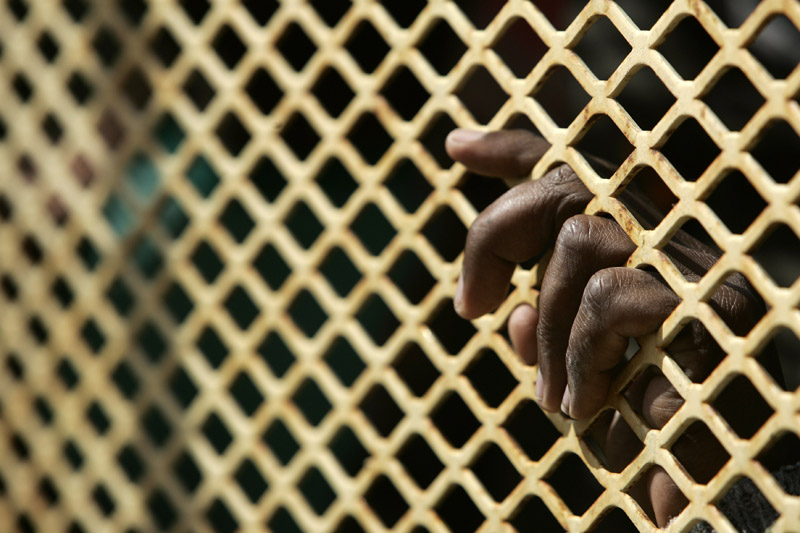
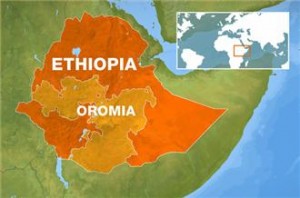




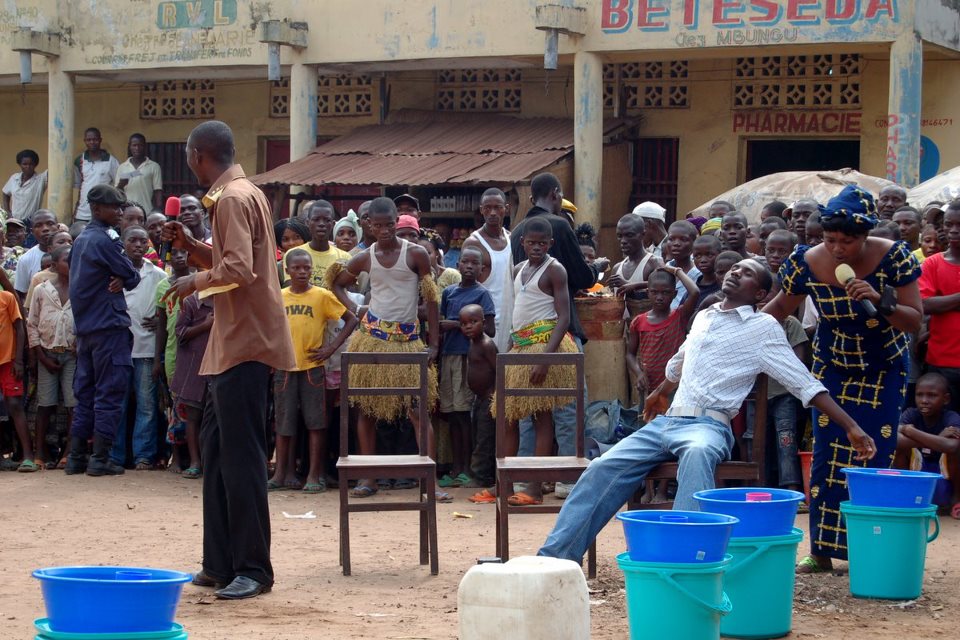
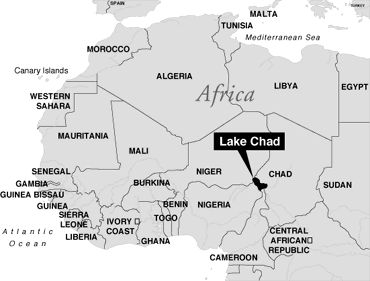
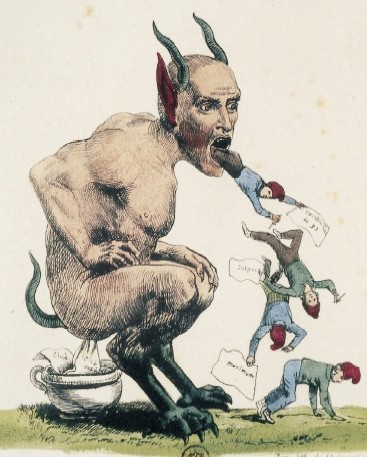
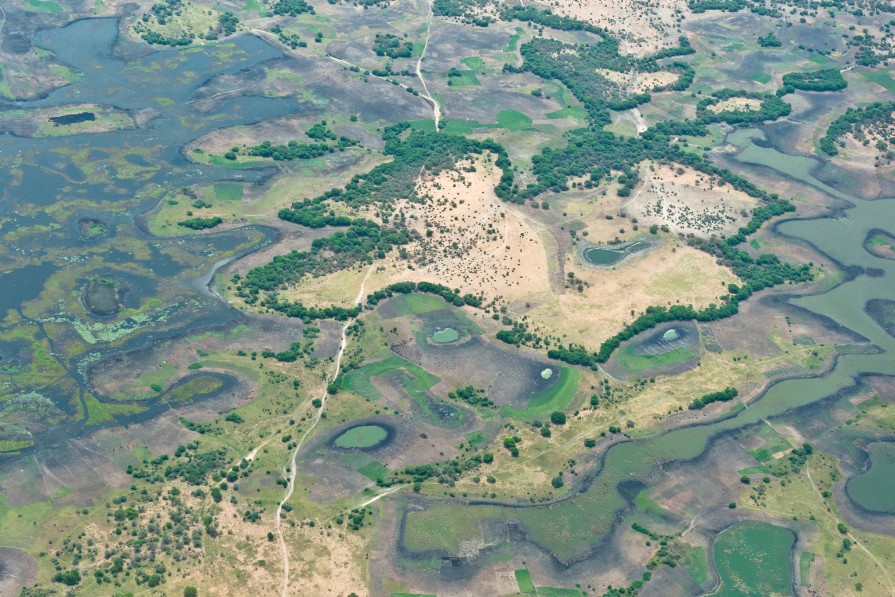
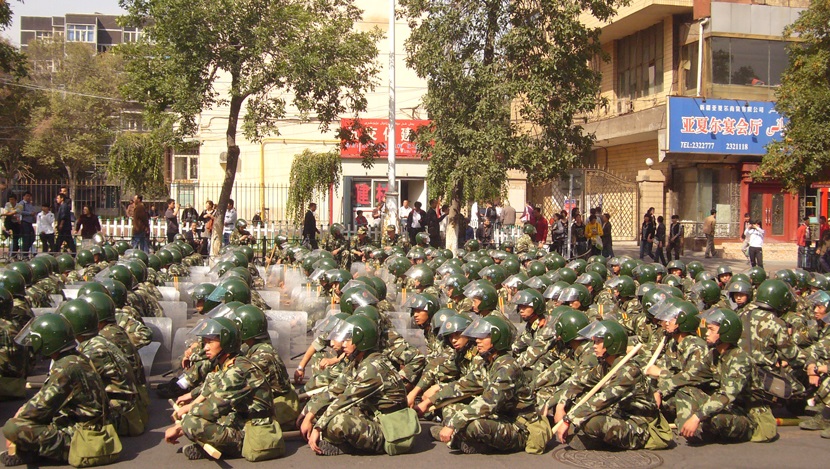
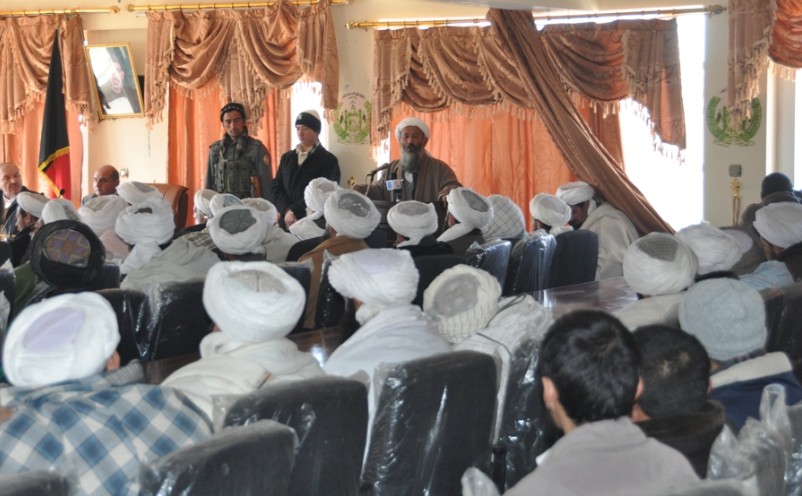
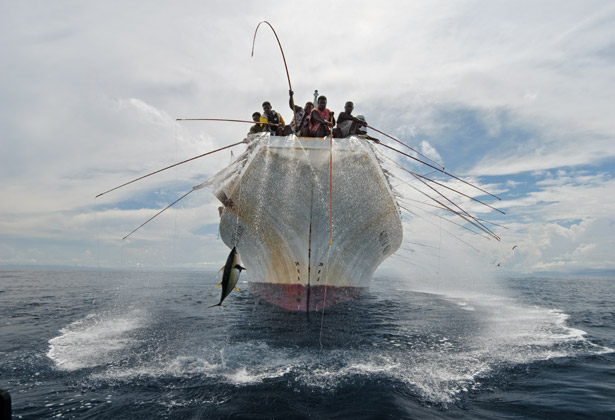
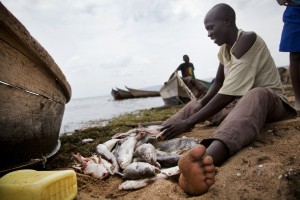
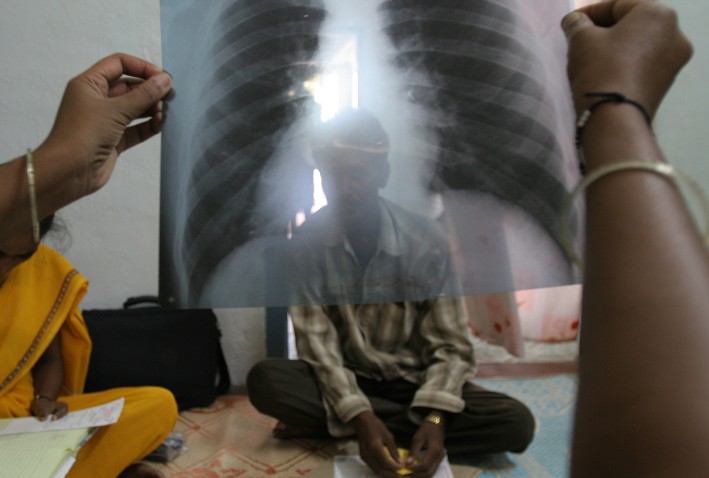
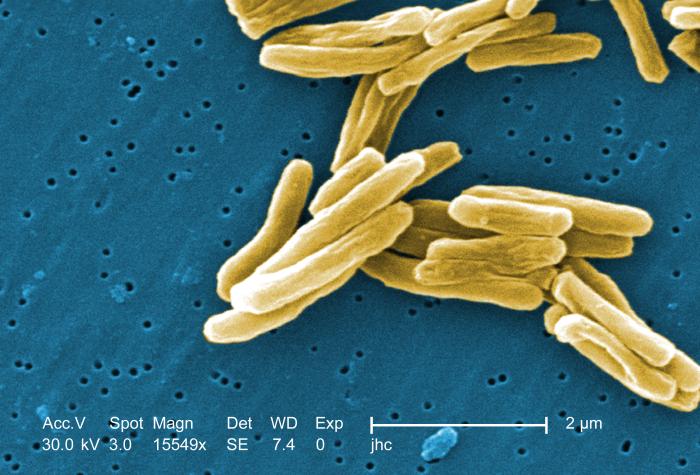
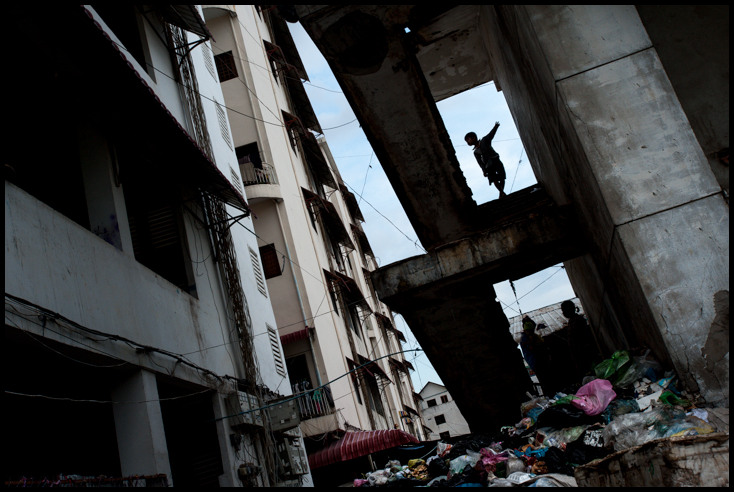
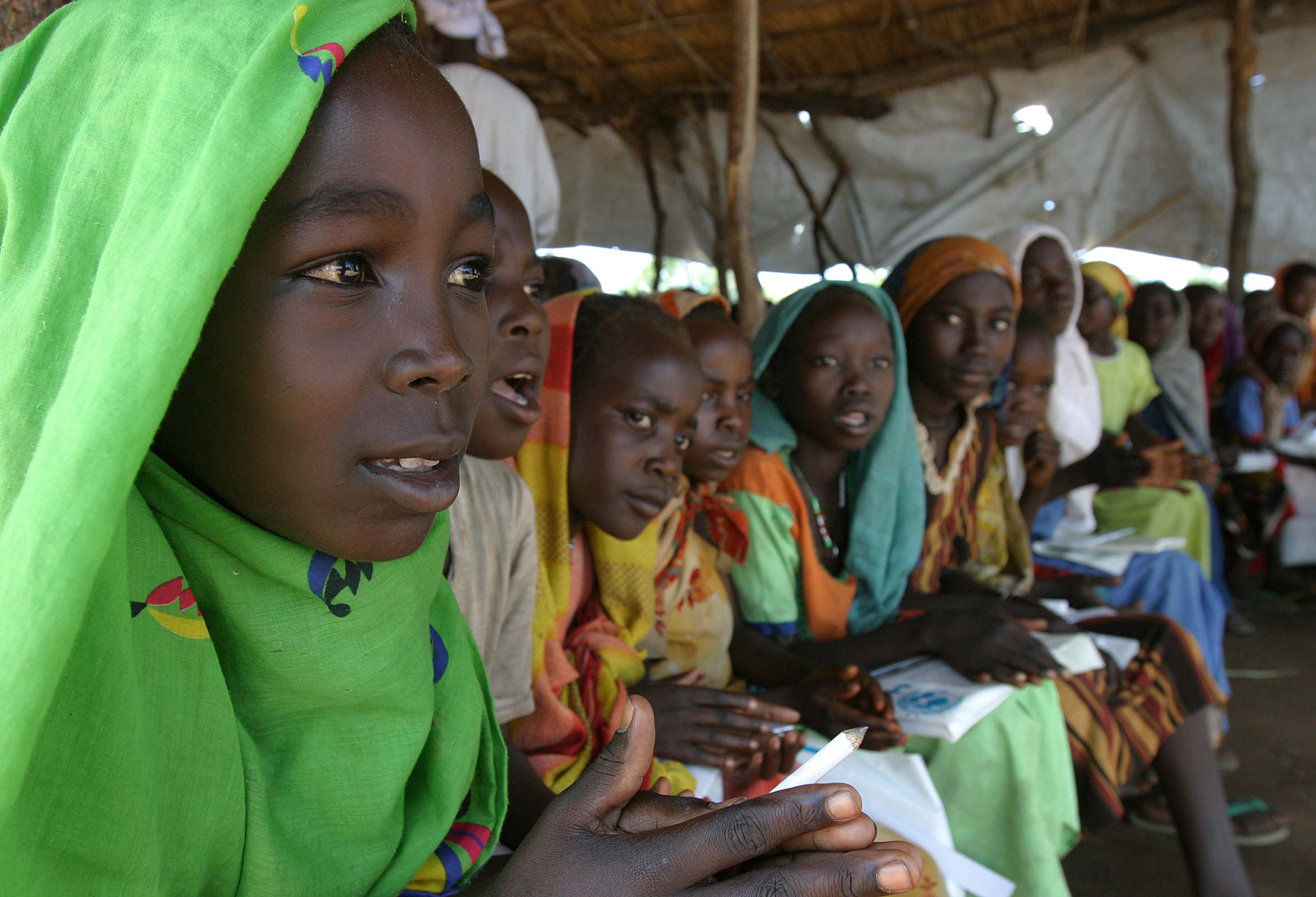
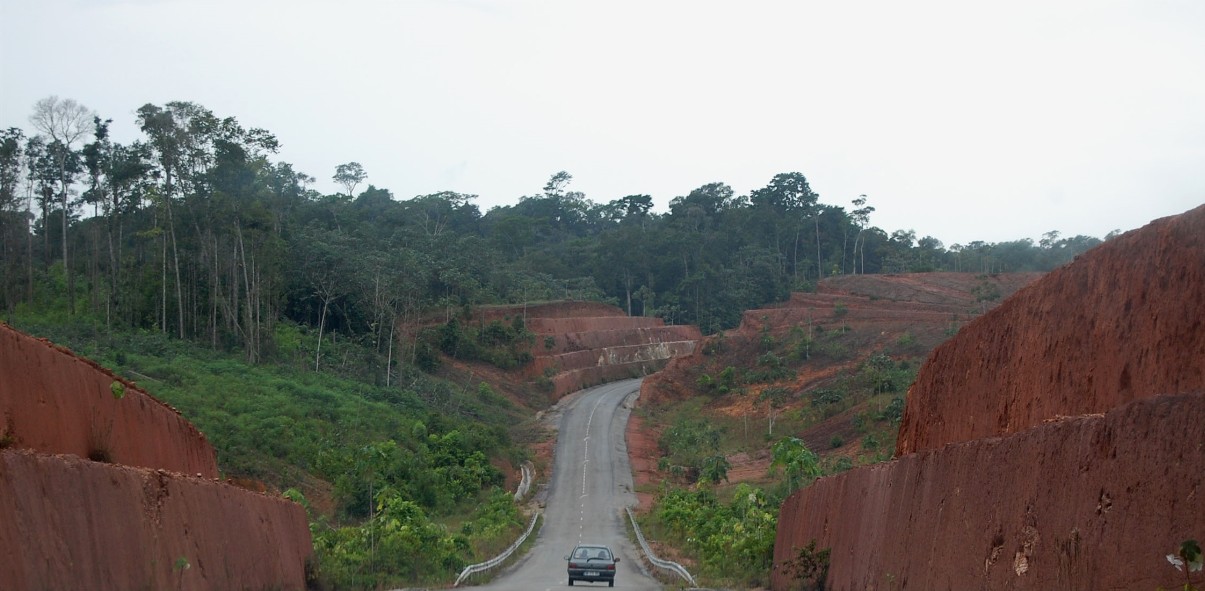

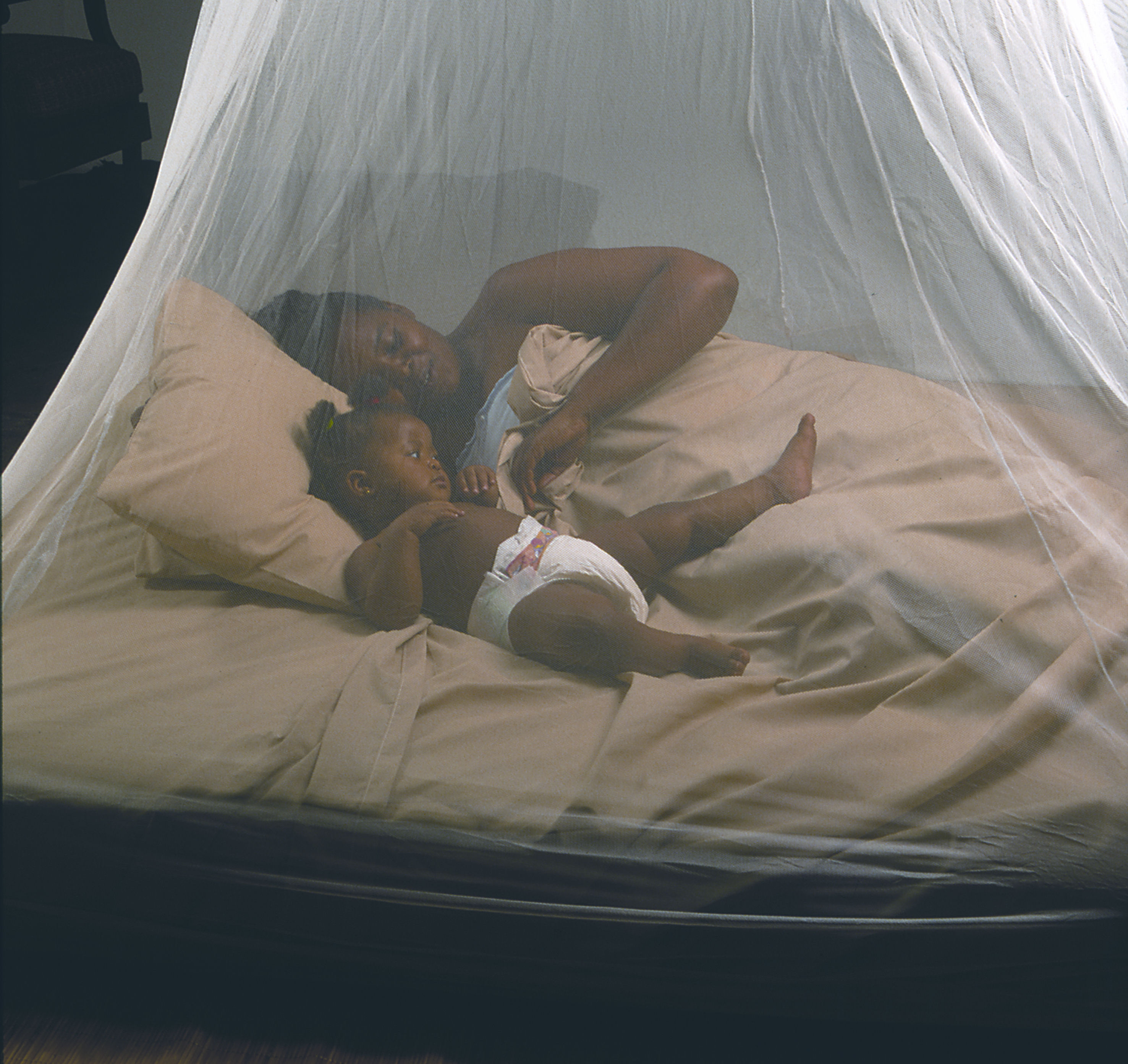
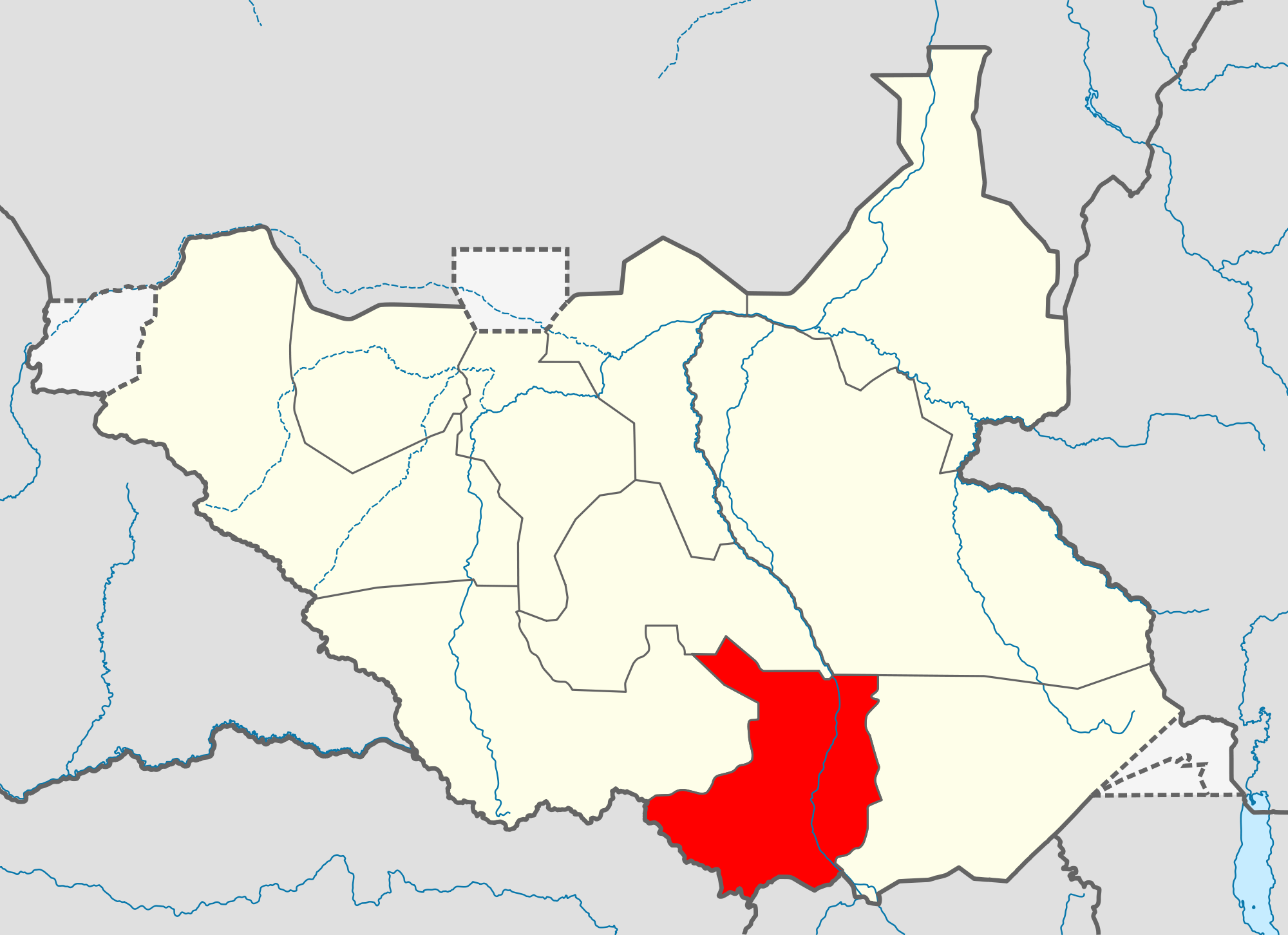 Reasons for the increase in cases were attributed by Lugula to limited access to mosquito nets and dirty conditions
Reasons for the increase in cases were attributed by Lugula to limited access to mosquito nets and dirty conditions 